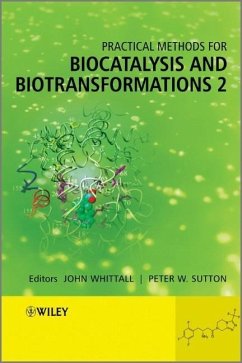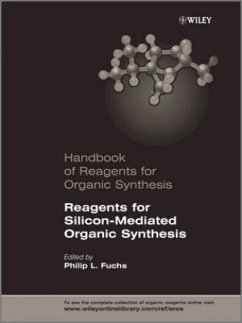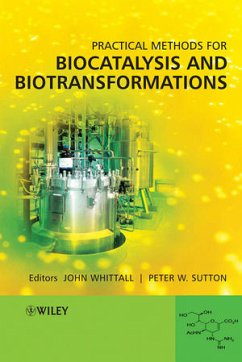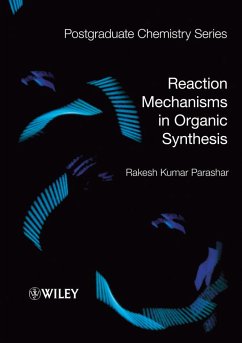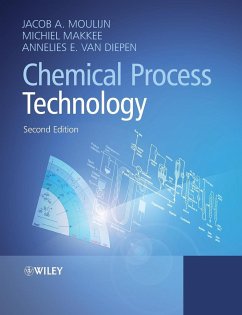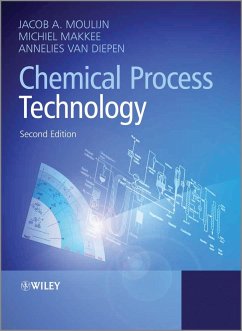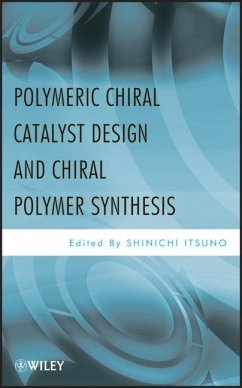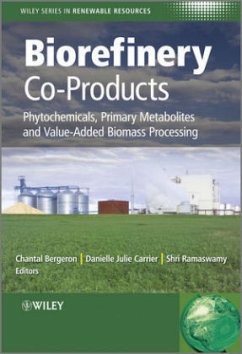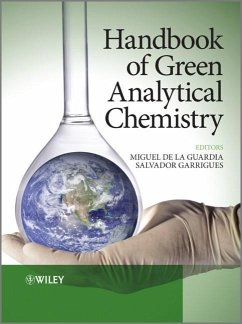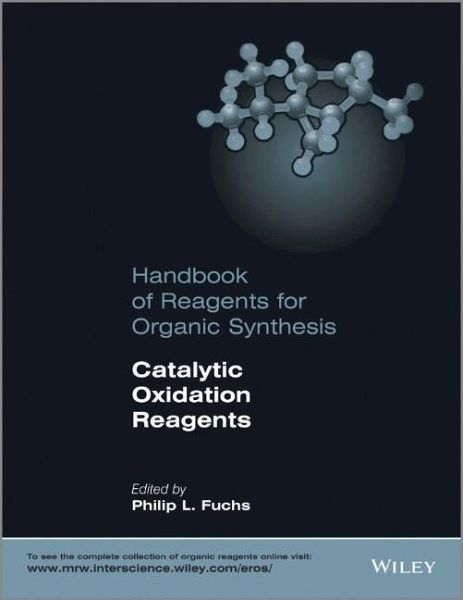
Catalytic Oxidation Reagents
Versandkostenfrei!
Versandfertig in über 4 Wochen
177,99 €
inkl. MwSt.
Weitere Ausgaben:

PAYBACK Punkte
89 °P sammeln!
Reduction and oxidation processes are at the heart of almost all synthetic procedures and organic chemists are keen to have a huge portfolio of slick and modern catalytic reagents performing oxidations or reductions. This new volume is part of the Handbook for Reagents for Organic Synthesis series, making use of the leading reagent database e-EROS. It compiles essential reagents in this area, starting with an introductory section discussing the main classes of oxidation catalysts, followed by an alphabetical list of reagents, with an attempt to keep families of catalysts organized by related chemistry for ease of use.
The Handbook of Reagents for Organic Synthesis: Catalytic Oxidation Reagents is part of the Handbook for Reagents for Organic Synthesis series, making use of the leading reagent database e-EROS. It provides concise and informative articles written by experts in the area and provides comprehensive referencing to the original literature. As is the standard format for EROS, each article also contains an overview of the synthesis and physical properties of the catalysts, conditions for its storage, and purification methods.
The Handbook compiles essential reagents in this area, starting with an introductory section discussing the main classes of oxidation catalysts, followed by an alphabetical list of reagents, with an attempt to keep families of catalysts organized by related chemistry for ease of use. The Handbook concludes with a list of contributors and a detailed index.
The Handbook of Reagents for Organic Synthesis: Catalytic Oxidation Reagents if of interest for everyone engaged in the area of sustainable chemistry, fuel alternatives research for the generation of energy, and synthetic chemists working in pharmaceutical industries and medicinal chemistry.
Key features:
Builds on the success of the previously published Handbooks of Reagents for Organic Synthesis
Oxidations are the most frequently used steps in organic synthesis
Catalysts for oxidation reactions are the key for green or sustainable chemistry
Oxidation, the addition of oxygen to biomolecules, is key for the metabolism of humans and animals
Oxidations of carbohydrates from simple organic compounds are the key for new renewable energies
The Handbook compiles essential reagents in this area, starting with an introductory section discussing the main classes of oxidation catalysts, followed by an alphabetical list of reagents, with an attempt to keep families of catalysts organized by related chemistry for ease of use. The Handbook concludes with a list of contributors and a detailed index.
The Handbook of Reagents for Organic Synthesis: Catalytic Oxidation Reagents if of interest for everyone engaged in the area of sustainable chemistry, fuel alternatives research for the generation of energy, and synthetic chemists working in pharmaceutical industries and medicinal chemistry.
Key features:
Builds on the success of the previously published Handbooks of Reagents for Organic Synthesis
Oxidations are the most frequently used steps in organic synthesis
Catalysts for oxidation reactions are the key for green or sustainable chemistry
Oxidation, the addition of oxygen to biomolecules, is key for the metabolism of humans and animals
Oxidations of carbohydrates from simple organic compounds are the key for new renewable energies



